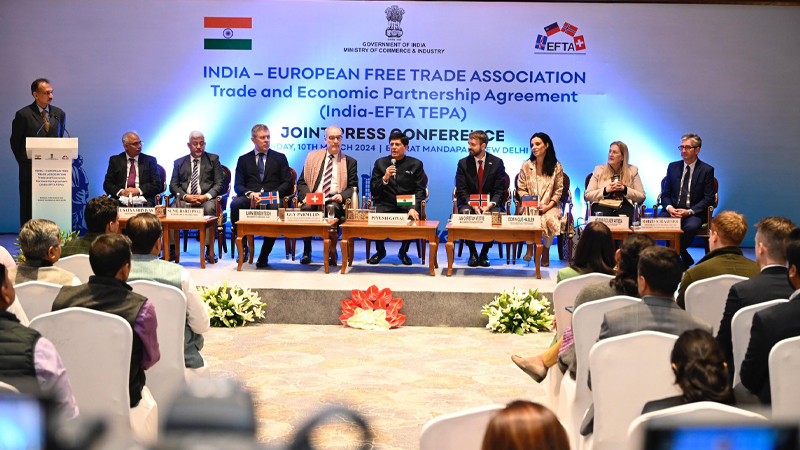In a stark warning echoing across continents, the World Meteorological Organization (WMO) has raised alarm bells as global temperatures soared to unprecedented heights last year. According to the latest findings from the UN’s weather and climate agency, Asia is experiencing a particularly swift escalation in temperatures, amplifying the frequency and severity of extreme weather events.
The WMO’s “State of the Climate in Asia 2023” report underscores the profound impact of escalating temperatures on the continent. Celeste Saulo, the chief of WMO, emphasized the gravity of the situation, stating, “The report’s conclusions are sobering.” She highlighted that numerous countries in the region faced their hottest year on record in 2023, alongside a barrage of extreme conditions ranging from droughts and heatwaves to floods and storms.
Key findings from the report include:
Record Highs:
Last year saw temperatures in Asia soaring nearly two degrees Celsius above the 1961 to 1990 average, outpacing the global average warming trend. From western Siberia to central Asia, and from eastern China to Japan, soaring temperatures marked the landscape, with Japan experiencing its hottest summer on record.
Glacial Retreat Threatens Water Security:
The melting glaciers in the High-Mountain Asia region, centered on the Tibetan Plateau, pose a grave threat to the region’s water security. With 20 out of 22 monitored glaciers showing continued mass loss last year, concerns over future water availability loom large.
Rising Sea Levels:
Sea-surface temperatures in the northwest Pacific Ocean reached record highs in 2023, exacerbating concerns over rising sea levels and their impact on coastal communities.
Water-Related Disasters:
The report noted a staggering 79 disasters associated with water-related weather hazards in Asia last year, with floods and storms claiming more than 80 percent of incidents. Hong Kong witnessed a historic deluge, recording 158.1 millimeters of rainfall in just one hour due to a typhoon.
The WMO stressed the urgent need for concerted action, calling upon national weather services to enhance tailored information to officials tasked with mitigating disaster risks. Saulo emphasized, “Reducing greenhouse gas emissions and adapting to the evolving climate is not merely an option, but a fundamental necessity,” underlining the imperative for immediate and decisive measures to address the unfolding climate crisis.
As the world grapples with the escalating impacts of climate change, the WMO’s report serves as a clarion call for unified action to confront one of the greatest challenges of our time.











Leave a Reply